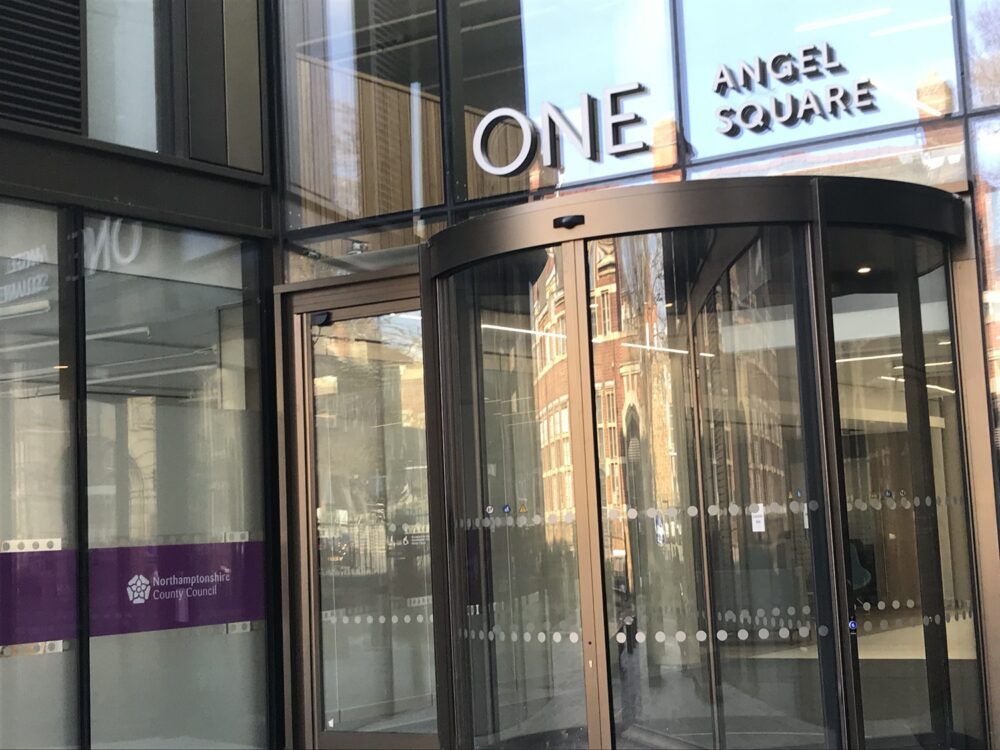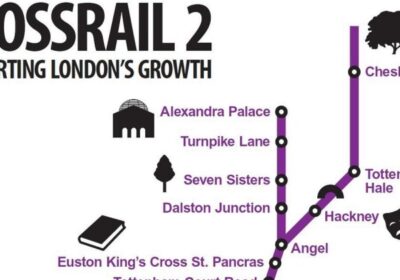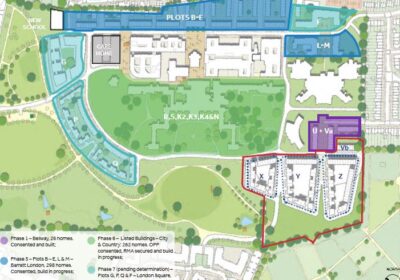Back when I was an elected Member at Wandsworth I can recall the two big things which made everyone sit up. They were not growth oriented stories such as the redevelopment of Battersea Powerstation or the decision by the United States Government to relocate its embassy facility to the Borough. The first was the local authority funding settlement. Back then we were entering the years of austerity and local councils were getting a shellacking from Osborne. Every penny mattered as we were so dependent on central allocation. The second was the Cabinet Member for Adult Social Services every year fretting about how the department would make ends meet. Adult Care even then was the biggest budget holder in the Authority and the introduction of a handful of new families could mean the difference between a severe deficit or staying just above the waves.
This state of affairs tells you the sorry tale of local government over the last ten years. Councils are now agencies of social care. 60% of the budget is paying for this. In some areas its more.
Councils are also supplicants. Council tax and business rates are sucked into the centre and then through a complex equalisation formula, money is divvied out. Whilst more money goes to the poorer areas, the consequence of cutting budgets centrally means inevitably the axe falls hardest on those that need it the most. Meanwhile, council tax is a regressive tax. It incentivises people to stay and alongside stamp duty restricts labour mobility in the economy. Council tax is still operating off a 1991 valuation. The formula for social care was last updated in 2013.
An approach to tax which is regressive and centralised alongside relentless cuts creates an environment where poorer areas descend into free fall and richer areas try and consolidate and protect what they have. Growth, investment and innovation are either shelved or channelled in the wrong ways. Planning is used to stop things rather than enable.
The areas of service which can get councils back on the front foot are paired back. In 2019, spending per head on planning and development is down 60%. Housing services over 50%. Transport spending reductions are not quite as bad but are also down by more than a third. Next time you hit a pot hole, you will know why.
This is what people mean when they talk of managed decline in the UK, or in some cases free fall decline. An unhappy coalition of vested interests brought together by a failing system to protect what they have whether its fading power or the last vestiges of wealth based on inflated property values.
Councils have responded in different ways. Many of the Districts relied heavily on parking revenue as the only means to pay for the services they are required to provide. Ever wonder why some Councils will fight tooth and nail for two or even three parking bays for every home built?
Other Local Authorities fell back on the one capability they knew they still had, to borrow cheap money and to diversify. Local Authorities spent 6.6 bn on real estate between 2016-2019 according to the National Audit Office. We had the case of Spelthorne, a District with an £11 million budget borrowing more than £1bn. I remember approaching their former Leader back in their halcyon days of buying shopping malls and other trophy assets. I suggested that Pocket might be able to deliver some affordable homes in his patch only to be told that he regarded us as competition and to back off. That was a new one, we moved on.
The pandemic has meant many of these Authorities who tried to do the right thing but in the wrong way have fallen foul. However, all of them were forced into this state of affairs by a system which is not fit for purpose and will continue to pull the country down if left unreformed.
As the Levelling Up Bill passes through the House of Lords it does try and address some of the failings of the current system however, it’s too little. If we want sustainable growth we need to address the root causes of why some Councils went bust.










